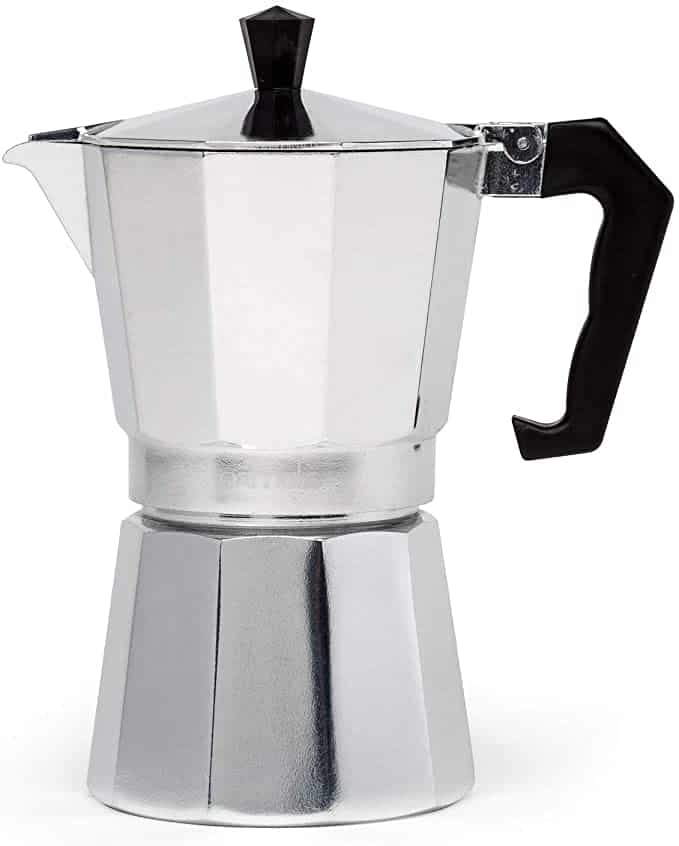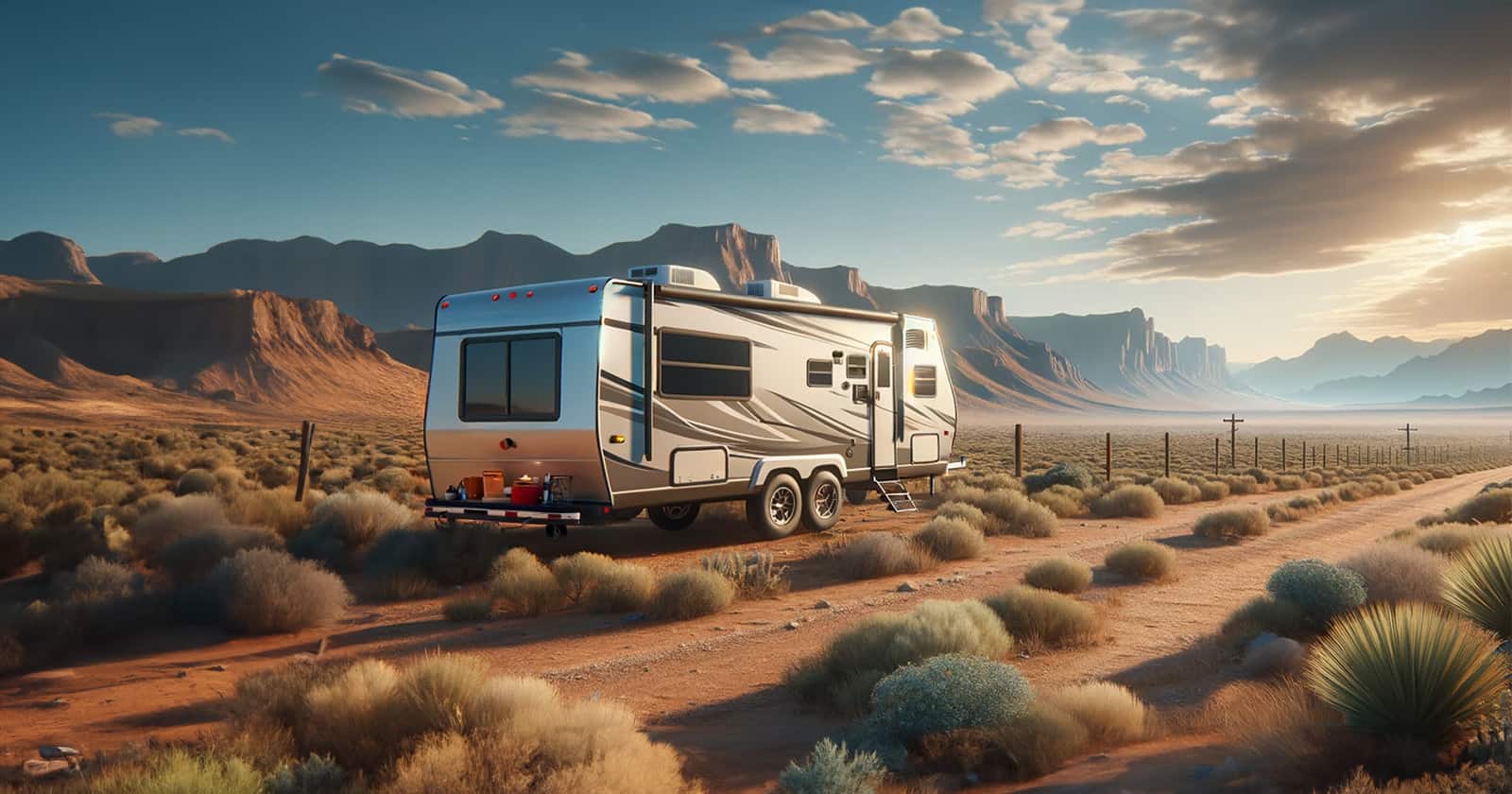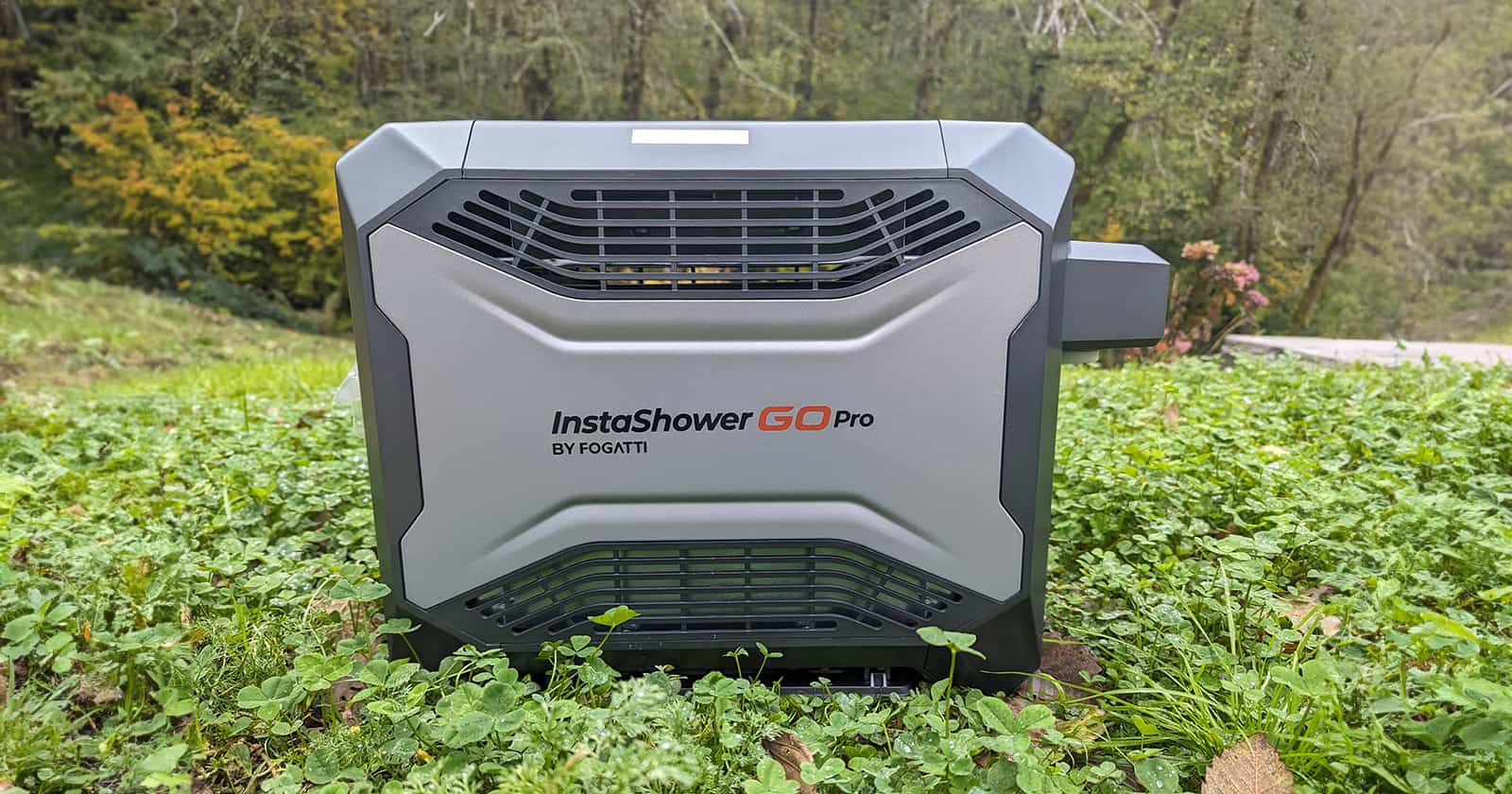These Water-Saving Boondocking Tips Can Help You Stay a Little Longer
Boondocking in your RV is the ultimate way to get away from it all. Sure, you don’t have access to hookups when you’re boondocking, but the advantages of boondocking can usually outweigh these drawbacks. Boondocking campsites have two fantastic advantages over serviced campsites. First, boondocking costs much less than camping in a serviced RV campground. Second, a boondocking campsite is often much more private than a campsite in an RV campground. Most RVs are set up to go off-grid without power hookups, water, and sewer for at least a few days. However, the drawback is that the length of your stay may depend on water availability. There are a lot of ways to save water when you’re boondocking.
How To Save Water When You Boondock
We all tend to use a lot of water at home for things like washing dishes, showering, or flushing the toilet. When boondocking in an RV, it’s essential to really be conscious of water usage. When the water runs out, you either have to go home, take the RV to fill up with water, or haul out the portable water jugs. Reducing water consumption can prevent all that and potentially extend your boondocking stay.
1. Use Paper Plates
You’ll drastically reduce the amount of water you use by using paper plates, bowls, and/or cups. A bonus is that you can use them to help start the campfire. If you find yourself in a boondocking location that doesn’t allow fires, a biodegradable or, better yet, compostable set of plates and utensils is better for the environment and landfills.
2. Make coffee in a Moka pot

Using a Moka pot reduces the amount of water you use to make coffee compared to other methods. Making coffee in a Moka pot makes it easy never to make too much coffee as well.
3. Reduce Your Shower and Hygiene Water Usage
You probably don’t need as many showers as you think you do when you boondock. You can drastically save water when you’re boondocking if you:
- Use a water-saver showerhead.
- Take navy showers.
- Collect water from washing hands and waiting for the shower to warm up to flush the toilet.
- Skip the shower and sponge bathe with biodegradable, premoistened towelettes.
- Clean your hair with dry shampoo. Dry shampoo absorbs the oil and dust in your hair, so you can brush it away without using any water.
- Don’t leave the water running while you brush your teeth.
4. Reduce Water Waste In The Kitchen
Even people who are using biodegradable paper plates and utensils will accumulate dishes. In some locations, there is no reasonably close location to get rid of the trash, so accumulating paper products quickly can be just as much of an issue as running out of water. Either way, dishes happen, and using one of the following methods can help you reduce the amount of water you use in the kitchen.
- Wash your dishes in a sink-sized basin. Then use the water you saved for flushing the RV toilet.
- Use Dawn Powerwash on pots and pans. Then give them a wipe with paper towels before you give them a rinse. (Collect the rinse water for toilet flushing later.)
- Minimize cooking with precooked or prepared meals from home. You could also bring along food that doesn’t require much preparation or dishes for some meals. Campfire Foil Packs or meat to grill over a campfire are two easy ideas for this.
5. Reduce Toilet Water Usage
Though it doesn’t use as much water as the other areas above, flushing your RV toilet does use water. Reducing toilet water usage is a catch-22, though. Using too little water can cause clogging problems in your black tank when you go to the dump station. On the other hand, using too much is just wasting water. You can, however, stretch out your water by using it for different purposes. It sounds gross, but here are the details.
- While you wait for the water to warm up in your shower, collect that water in a clean sink-sized container.
- Place the container in your sink, and use this water to clean your dishes. (Tip: you can rinse your dishes with a spray bottle containing a little bit of vinegar and water, then wipe them dry.)
- Once the sink water gets dirty, transfer it to a flushing bottle kept by the toilet, and use it to flush solids and toilet paper.
- Keep a spray bottle of vinegar and water in the bathroom for flushing urine. To do this, open the flush valve without turning your water pump on to let the urine drain into the black tank, and spray the bowl liberally with the vinegar solution to rinse the inside of the bowl.
Get A Composting Toilet
A composting toilet is an expensive option. But if you plan on doing a lot of boondocking, it may be a good investment. Like the name suggests, composting toilets turn your waste back into compost. They don’t require flushing and therefore use zero water. You can learn more and check out some good composting toilet options here.
What’s Your System To Save Water When You’re Boondocking?
Like the video below, everyone has their own water-saving methods that keep them out in the boondocks as long as possible. We’d love for you to share your own tips in the comments.





I use a pint of water with my shampoo mixed in and then a couple of quarts of water (one with a dash of vinegar for a final rinse) depending on the length of hair and pour over a dish pan to recycle, excellent to end of day hand and feet washup and black tank use.
Using paper plates is NOT an acceptable substitute. Try filling a spray bottle with water and dish soap. Spray plates (real ones) lightly, rinse under tap into dishpan. Rinse future dishes in dishpan as it fills. Or have a second spray bottle with just water to rinse. Wipe with dishtowel, not paper towels.
How to save water:
1. Pee outside. Girls, carry a sandwich bag for t. Paper.
2. Fill 2 5 gallon containers of water near your campsite (gas station, rest stop, etc.). use one to wash All dishes outside your RV. You’ll be amazed at how little water you will use compared to inside. You won’t be bothered to clean the sink, wipe down the surrounding area. We keep the other one at the toilet. Add a scoop to your pee or poop to save your tank water. I don’t want to wait to flush pee. I cant stand the smell in the rv.
All this allows me to take more showers!
Caution: Dumping gray water with food particles (no matter how microscopic) is a no-no in bear country.
We have two plastic dishpans that perfectly fit our trailer sinks. One sits on the counter and collects dirty (but scraped into the trash clean) dishes. When it is full, we fit it into one sink and fill it with soapy hot water. The other we fit into the other sink and fill it with very hot water for rinsing. We learned the two dishpan method of washing dishes at Scout camp. We then lift out the dishpan(s) and dump the water in the toilet.
What’s your recommended formula for vinegar water strength?
Just a couple of tablespoons of food-grade white vinegar and the rest of a standard spray bottle filled up with water ought to do the trick for a dish rinsing spray. The vinegar in this case dissolves salts in the water and prevents water spots. If you are cleaning counters and such with vinegar, you’ll want to use a 1:1 ratio (50/50).
Use all the hints above. Leave the water pump off except for GI shower. Use gallon size jugs of tap water that make for ease in monitoring water use. (Arizona Tea jugs are very sturdy and last for years). Refill the jugs with water waiting for the shower to warm up. Catch “used” water for toliet flushing. Refill the gallon jugs when empty.
Please stop recommending that people use paper plates and disposable utensils. Water is massively wasted in the production of these items, they fill landfills and oceans with waste, and they are NOT leave no trace. Boondocking is about being respectful of our natural resources, so others can enjoy them too. Hauling home a pile of trash to mess up someone else’s backyard is just as bad as leaving it out there. Learn backpacking skills for cleaning dishes in minimal water, mist water instead of running it. Please think of the long term impact of your decisions.
Paper plates are fine and make great fire starters. Stop being a kill-joy. All modern conveniences have environmental impacts.
Newer Motor Coaches were never designed to “Dry Camp”, but it can be done and they do have a few nice features that help. Our kitchen faucet has a sprayer feature. Set it on spray and leave it, you’ll use less water and avoid splattering water everywhere. We use a pitcher to catch the water from the shower “warm-up” then use that to wash dishes or make coffee (stovetop perk). You can’t just pour water into a MC fresh tank. So we bought an additional RV water pump, some hoses and 6 blue water jugs (approx 40gal if you get the big square ones) for extra water. We pump the water from the jugs into the tank, then take the empty jugs in the jeep to refill them.